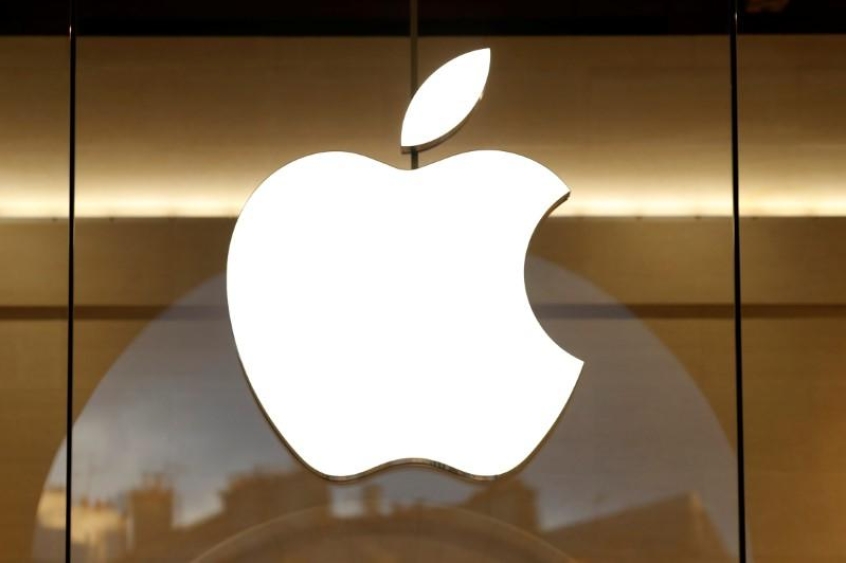
Apple may face serious legal charges in France. The company recently admitted to slowing down phones to compensate for poor battery performance. A France-based environmentalist group saw this as planned obsolescence— something the group has been trying to fight.
The France-based group named themselves Halte à l'Obsolescence Programmée (HOP), which translates to "stop planned obsolescence." Their purpose is to protect consumers from frequent purchase of phones through companies' "planned obsolescence"— which means deliberately reducing performance of devices over time to force an upgrade. They also aim to reduce environmental waste made by such frequent upgrades.
The group believes that Apple committed planned obsolescence, who admitted to slowing down their phones to save components from random shutdowns due to older batteries. The slowdown is prominent on older models like the iPhone 6 and iPhone 7, where reduced processor speeds were forced via updates.
HOP claimed that they can sue Apple for all iPhone sales made in France because planned obsolescence is actually illegal in the country. A law was imposed in 2015 where "deliberately reducing the lifespan of a product to increase the rate of replacement" counts as a punishable legal offense.
HOP co-founder Laetitia Vasseur also noted that everything was "organized to force consumers to renew their smartphones." However, she added that Apple's practices were unacceptable, especially since their phones cost more that €1200, which is more than the monthly minimum wage in the country.
Apple France is yet to respond or comment on the HOP issue.
The company have apologized to their customers and said that they are sorry for letting them down. They also claimed that that there was a misunderstanding about the slowdown issue. They said they never intended to "degrade" user experience through the upgrades.
Maximum penalty may be imposed on the company in accordance with France law, if found guilty. This constitutes two years in prison, a fine of €300,000, and five percent of the company's annual turnover.













